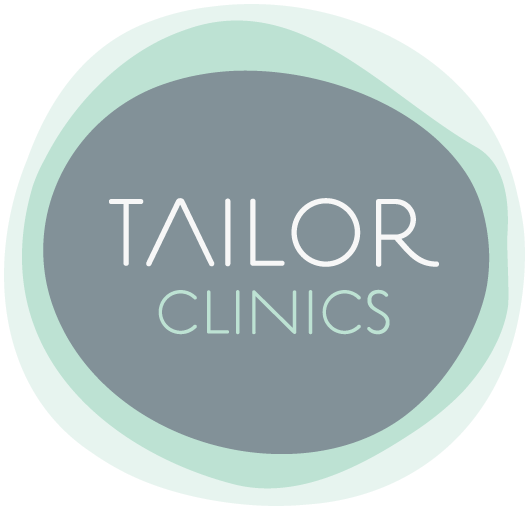Connie's Top Tips for Healing Your Relationship with Yourself
We’ve had the pleasure of Connie Stapleton joining us from the United States this week at our Foundations of Healthy Living Retreats, support groups and one-on-one sessions. Connie is the creator of MindPrep (TM) and the author of the soon to be released book Weight Loss Surgery Doesn’t Cure Food Addiction.
Connie shared that any kind of addiction fills a need, an emptiness or void, often created when we are younger or when significant events happen in our lives. We adopt strategies for coping that work for us- until they don’t.
Connie’s overall message is this: To step out of the grasp of addiction we must heal our relationship with our self.
Weight loss surgery removes food as an addictive substance ‘from the table’ for a time. However, we ‘take the pacifier out’ by removing the thing that has helped us to feel safe and comforted. The self soothing tool that has provided relief from inner turmoil is no longer available. This is why addiction transfer is so common in WLS patients worldwide.
Emotional issues surface, life happens, and without the coping strategies that are known, people often turn to what will be the next helpful in numbing the painful emotions. There’s a whole lot of options to achieve this still on the table: drugs, alcohol, shopping, gambling, sex, social media, TV. For some, food stays there in the form of obsession over healthy eating, recipes, the scales and the ‘gym junkie’.
Every weight loss surgery patient (and healthy adult might we add!) must learn how to address and manage emotional issues- in ways that are not harmful. In ways that help you to become the person you saw and hoped to be on the other side of surgery.
Your surgery was a commitment to taking your life back- your health and your quality of living. The steps you take next to support yourself are what will make that happen. It’s a lifelong process. It’s a lifelong adventure in finding your version of ‘OK’, healing the dis-ease within.
Ultimately, it’s about being willing to learn what you didn’t get taught at school or in your family: how to find self-acceptance.
Connie’s Top Tips For Healing Your Relationship With Yourself
Immerse yourself in healthy topics and tools
Podcasts
Books (Food Junkies for one)
Support groups (intherooms.com has addiction meetings of all varieties)
Learn to communicate- with yourself and others
Journal
Write a letter to your child self, or to the people who have hurt you, owning your behaviour. Share with a loved one and let it go- burn it!
Read or take classes on healthy communication
Develop gratitude for your addiction - it got you through the hard times, it got you to where you are today, to this amazing opportunity to find joy in new ways. To find yourself.
Let go of blame and shame
Watch ANYTHING with Brene Brown in it, like this TED Talk
Create a gratitude jar and write down what you are grateful for- this is great for the whole family
Get Support
Therapy. It’s got to happen. Find the one or the way that works for you.
Talk to the people in your life and ask for what you need to be supported by them
Attend your support group
Join in on online groups and conversations
Attend the Foundations Of Healthy Living Retreats
Do what it takes to be OK with you
Learn how to set boundaries
Learn how to parent (learn how to reparent yourself!)
Explore your ‘meaningful matters’, your values, identify what is most important to you in your life
Dedicate time and effort (and money) to doing what you need to be OK with who you are.
Enjoying a full life, a meaningful life, means experiencing ALL our emotions: fear and love and sadness and joy and connection and everything in between. It’s scary, however, armed with the right tools, support and self-acceptance it’s also a beautiful thing worth the effort- because you are worth the effort it takes to be OK, to be enough, just as you are.

